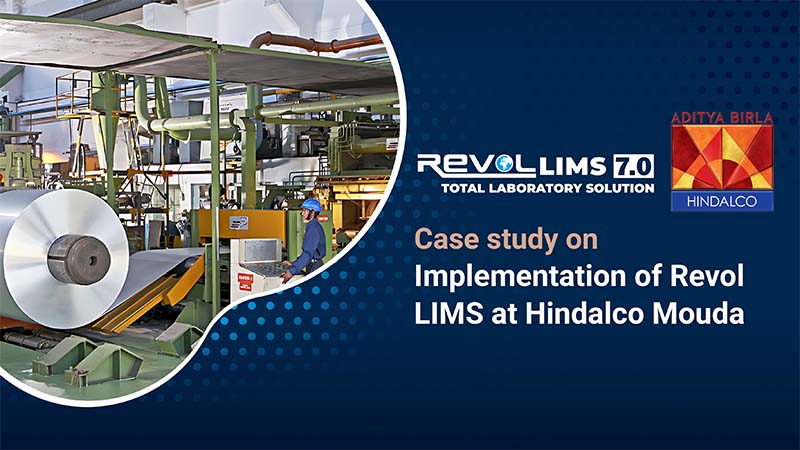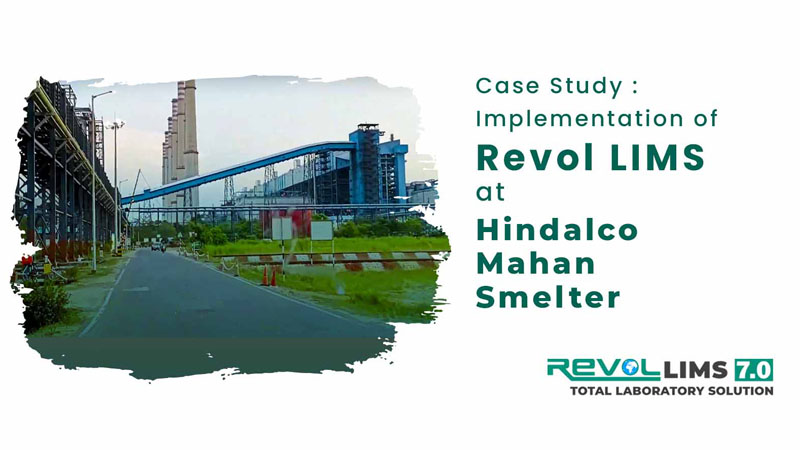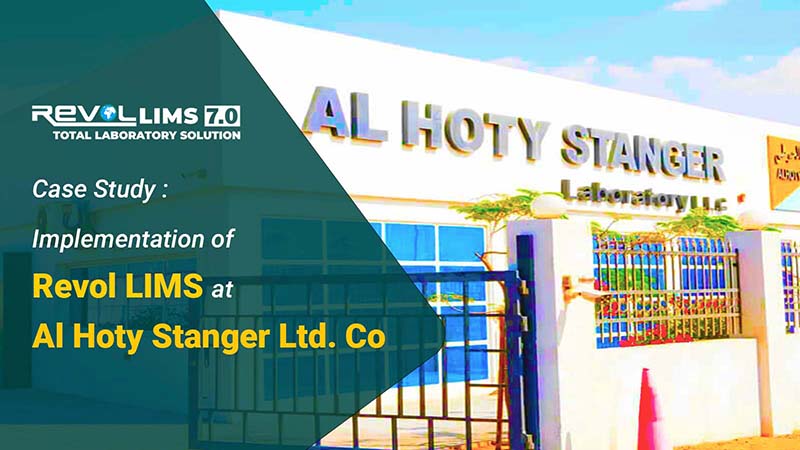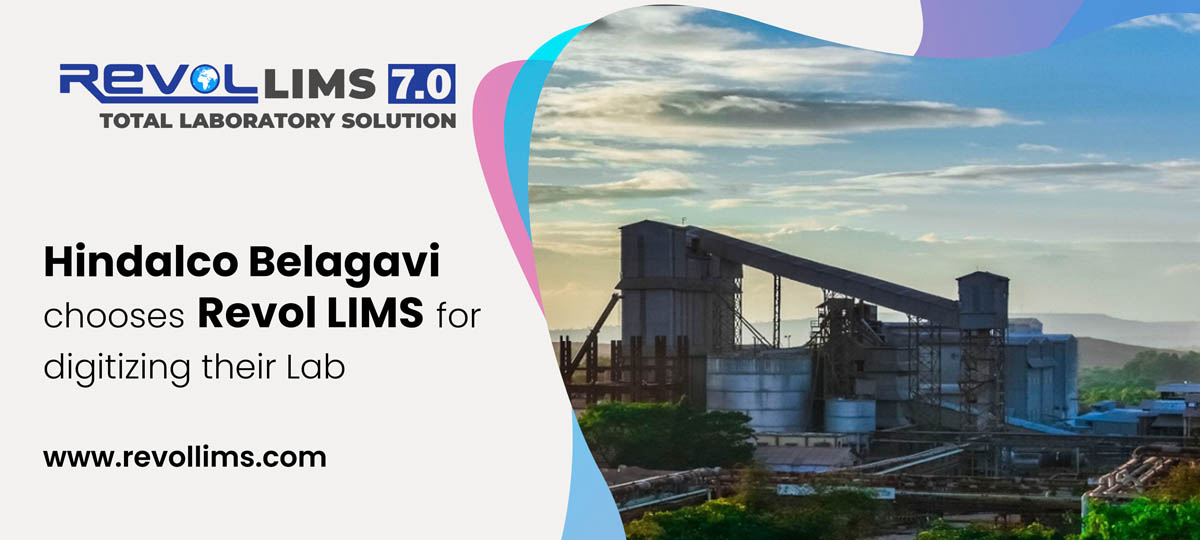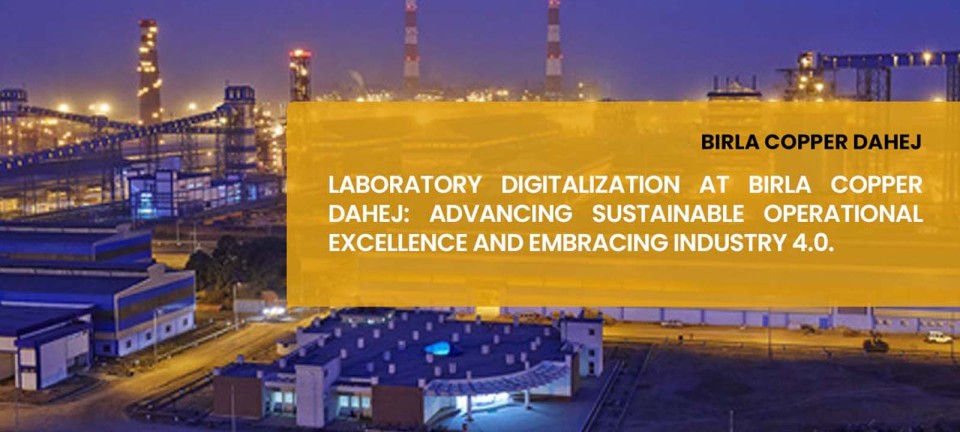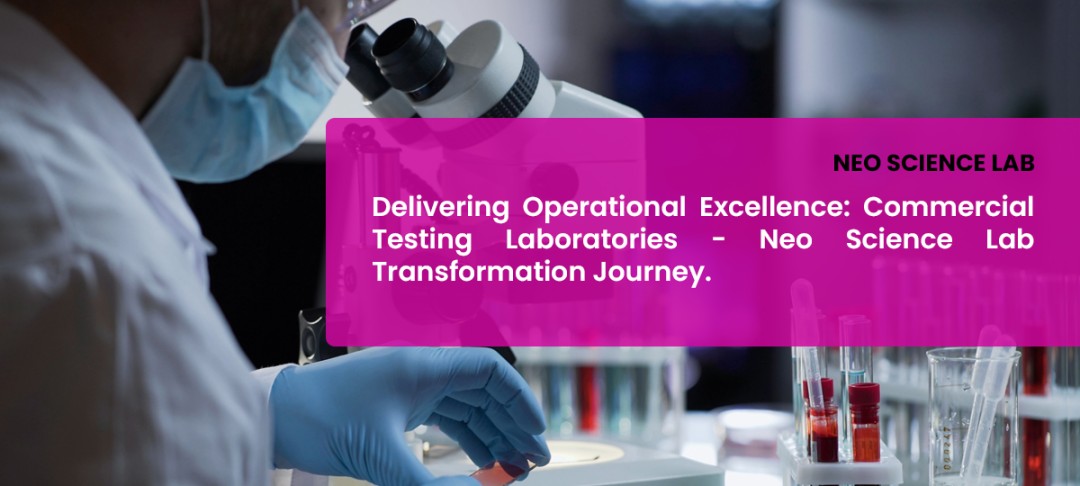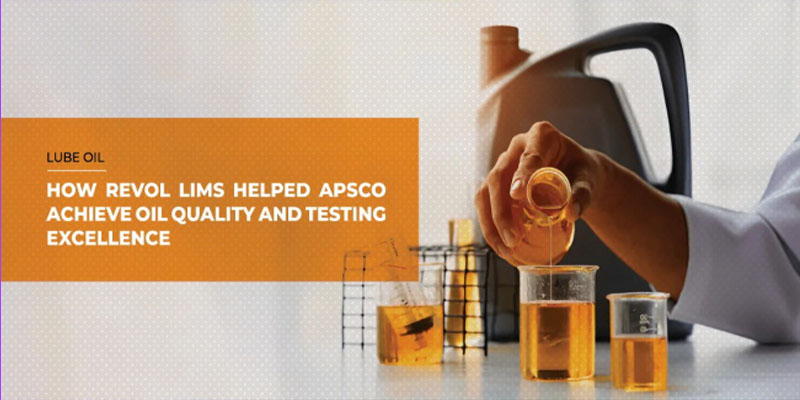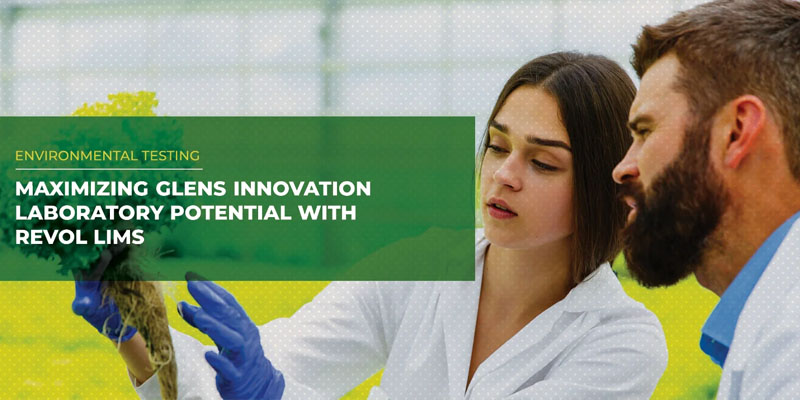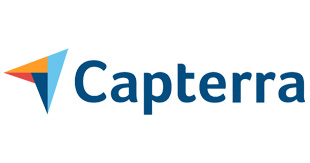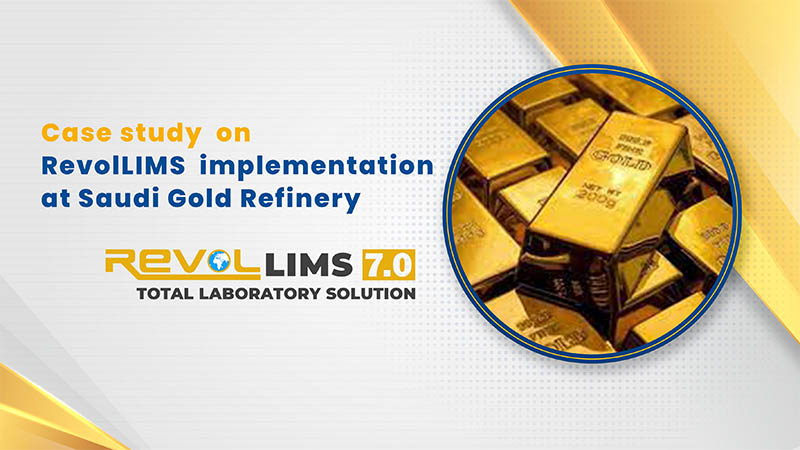
Implementation of Revol LIMS at Saudi Gold Refinery (SGR)
Revol Laboratory Information Management System (LIMS)
Executive Summary
Saudi Gold Refinery, a leading precious metals processing facility in the Middle East, aimed to modernize its laboratory operations to meet rising production demands and stringent quality standards. Confronted with manual data handling, slow reporting, and compliance challenges, the refinery implemented the Revol Laboratory Information Management System (LIMS).
The deployment enhanced data accuracy, automated workflows, ensured regulatory compliance, and significantly reduced turnaround time for gold purity and composition testing. By leveraging Revol LIMS modules, the refinery achieved faster reporting, better traceability, and improved operational decision-making.
Background
Saudi Gold Refinery processes large volumes of gold for both domestic and international markets. The laboratory plays a critical role in verifying purity, detecting impurities, and certifying the quality of every batch before dispatch.
Key challenges prior to LIMS implementation:
- Manual Workflows: Risk of transcription errors and delays due to handwritten records.
- Limited Real-Time Access: Managers lacked instant visibility into test progress and results.
- Compliance Pressures: Meeting ISO/IEC 17025 and SASO standards required meticulous documentation and traceability.
To address these, the refinery opted for Revol LIMS to digitize laboratory processes, minimize manual intervention, and improve compliance readiness.
Project Objectives
- Automate Data Management: From sample registration to final reporting.
- Real-Time Insights: Enable live tracking of gold purity and assay results.
- Improve Accuracy: Reduce human error through instrument integration.
- Ensure Compliance: Maintain traceable records for ISO/IEC 17025 and SASO audits.
- Increase Efficiency: Shorten certification cycles and improve shipment readiness.
Solution
Revol LIMS was selected for its ability to integrate seamlessly with refinery workflows and lab equipment. The following modules were deployed:
- Master: Centralized configuration for test methods, specifications, and customer details.
- Sample Manager: Complete lifecycle tracking of gold samples from intake to final certification.
- Admin: User management, role-based access, and security control.
- QMS (Quality Management System): Compliance management, corrective actions, and audit readiness.
- Report: Automated generation of ISO- and SASO-compliant certificates and reports.
- Dashboard: Real-time operational metrics and test status visualizations.
- Inventory: Tracking of chemicals, reagents, and consumables used in assays.
- Sample Storage: Management of retained gold samples for re-testing or audits.
- EAM (Equipment Asset Management): Maintenance scheduling, calibration tracking, and asset performance monitoring.
Technical Integrations:
Customized reporting templates for purity analysis, trace metal detection, and compliance certificates.
Implementation Process
- Requirement Analysis: Interviews with laboratory and quality teams to document workflows.
- Customization: Module configurations for precious metal testing parameters and reporting needs.
- Instrument Integration: Automatic data capture from gold testing instruments.
- Training: Hands-on training for lab analysts, QA teams, and managers.
- Controlled Rollout: Gradual implementation with performance monitoring.
- Post-Go-Live Support: Continuous improvements based on user feedback.
Results & Benefits
- Higher Accuracy: Reduced manual entry errors through automated data capture.
- Faster Turnaround: Testing and reporting cycles reduced by up to 40%.
- Compliance Strengthened: Full traceability for ISO/IEC 17025 and SASO audits.
- Operational Transparency: Dashboards provided instant insights for management.
- Cost Savings: Streamlined workflows lowered labor costs and minimized rework.
- Equipment Reliability: EAM module improved uptime through proactive maintenance.
Conclusion
By implementing Revol LIMS with its full suite of modules, Saudi Gold Refinery transformed its laboratory from a manual, paper-based system to a fully digital, integrated, and compliance-ready operation. This has enabled faster certification, higher accuracy, and greater operational control, reinforcing the refinery’s position as a leader in the global precious metals industry.
